Meraki means to leave a piece of yourself in your work.
Some teachers don’t like it when students put how they feel in their writing. They will be assigned essays that don’t interest them, and as a result, they don’t try.
Students typically only write for school: argument papers, rhetorical analysis papers, synthesis essays, and other critically examined writing assessments. This writing prepares us for college, but also takes away our desire to write for fun.
Grandview English teacher Ms. Zilliox is all too familiar with this dilemma.
“We have such strong practices to guide you guys to college level writing,” said Zilliox. “But at the same time, in that pursuit we lose the opportunity to learn about ourselves as writers.”
“You don’t have to do any analysis,” Adriana Joga said.
“And not just writing for assessment, but for ourselves and for our communities,” Zilliox said.
What if there was a place where you can write what you want, how you want, and share it with others?
Have no fear.
Meraki is here.
Meraki is a literary and art club where students can be themselves, they collect writing and art from around the school so that they can publish it into a magazine.
“Before I moved to Grandview six years ago, there was a club called ‘Signatures’,” Zilliox said.
“When I took it over, I changed the name to ‘Meraki’ because it means to leave a piece of yourself in your work.”
Meraki loves coming up with new ideas, and the members are not afraid to say what’s on their minds; they encourage students to be expressive.
They don’t limit creativity.
“[It’s] Where students can be themselves on paper and through their imagination,” said Ms. Zilliox.
It’s where students can be themselves on paper and through their imagination.
There’s no judgement: people support one another and help each other by offering ideas.
“It’s also really fun to just sit down and write together,” said Helene Rix.
Students enjoy this club because they like to read other people’s stories, and to learn new writing techniques to better themselves in their own writing.
And the best writing only comes from the best environments.
The atmosphere of Meraki is very calm, everyone is relaxed and laid-back, which makes the club feel welcoming.
But Meraki just isn’t a club for writing, it’s also about art.
“[The magazine] still incorporates the art side of Meraki. Besides our writing portions, we reach out to the fine arts and bring them in to complement the literary pieces,” Zilliox said.
“I think that we can cater towards artists more, and I think that we should get an artistic appeal out there that would attract artists to our club,” Joga said.
If you can’t make it to the Meraki meetings that’s okay, you don’t need to be in the club to get worked published. Submissions are available through the Grandview Chronicle Meraki link. All artists who wish to be included in the 2018 Meraki magazine must turn in their submissions by April 23rd.


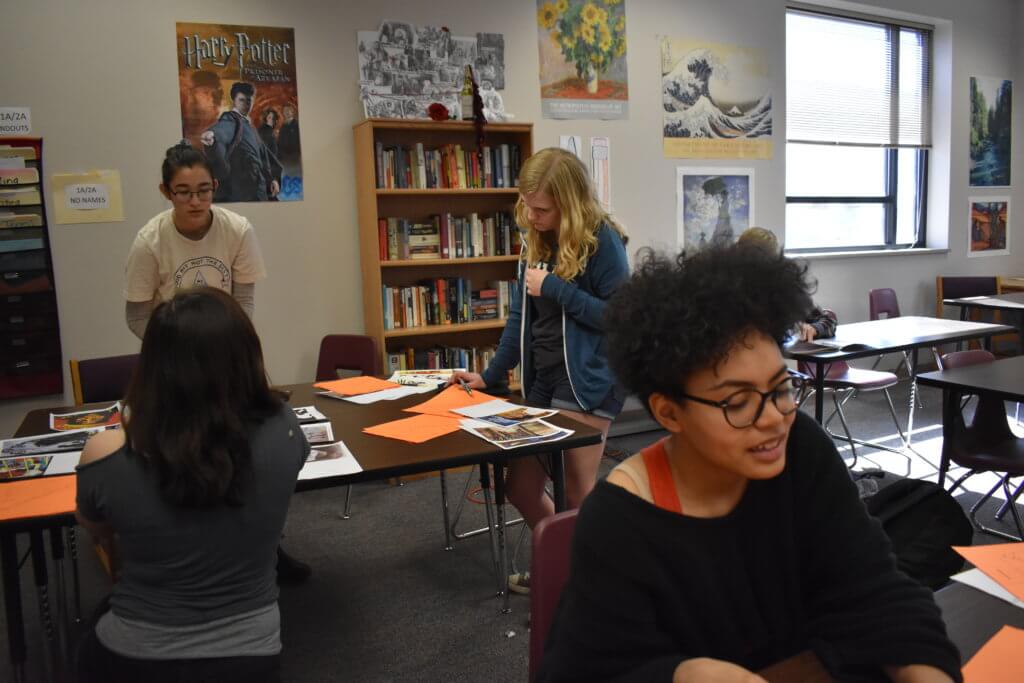
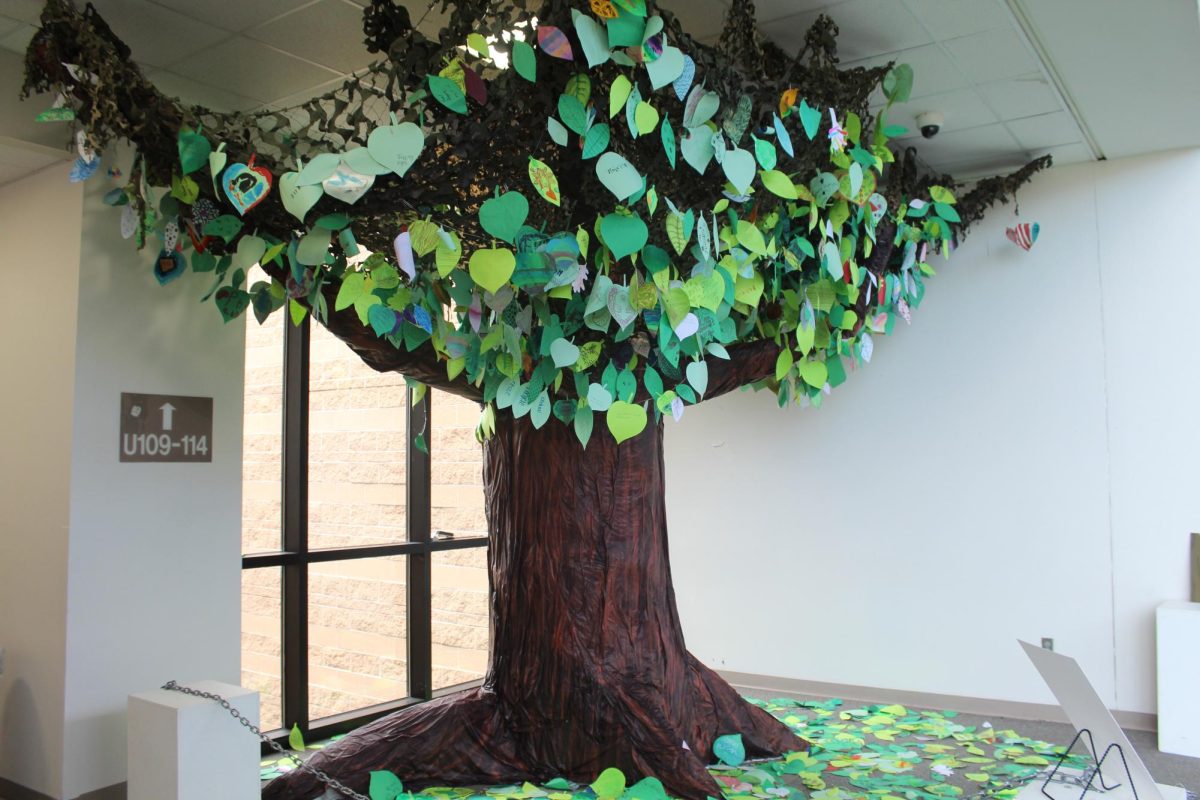
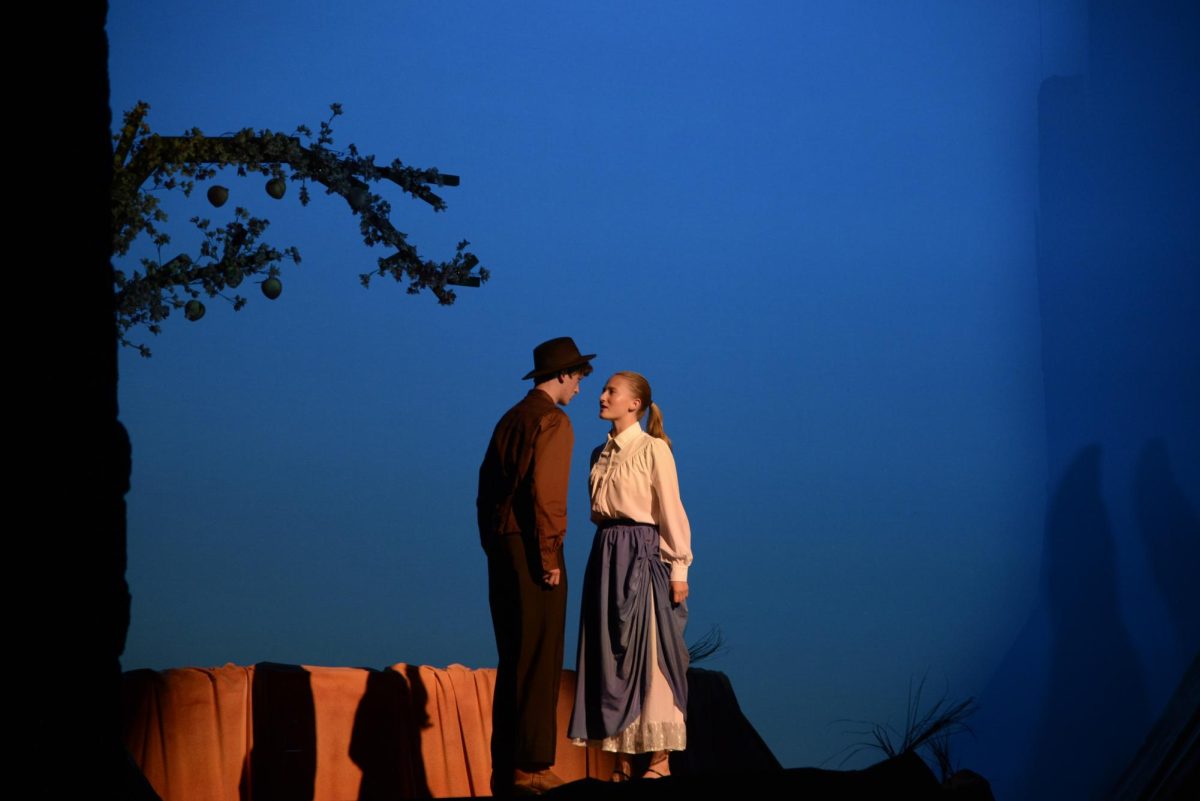

![Dream Week Diaries: GHS Pep Assembly for Matthew [PHOTO GALLERY]](https://ghschronicle.com/wp-content/uploads/2025/03/VAN_8543-1200x800.jpg)
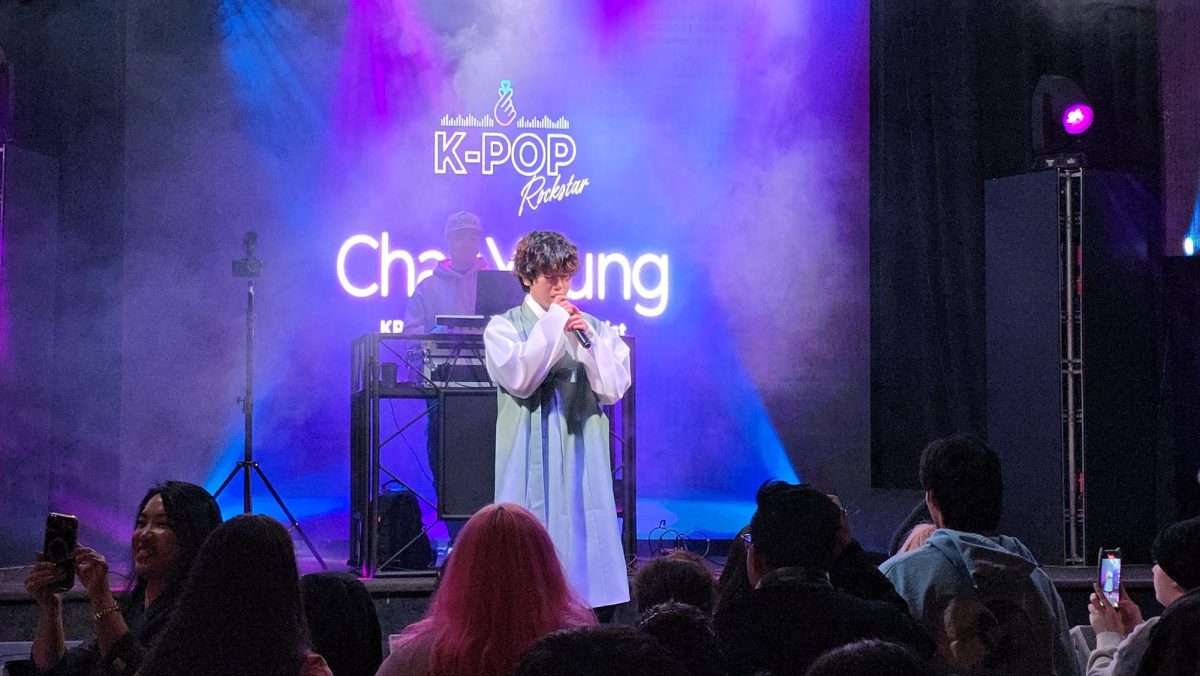
![Feeder Orchestra Concert [PHOTO GALLERY]](https://ghschronicle.com/wp-content/uploads/2025/01/Kang_Feeder_Orchestra@Grandview_11_5-256-1200x800.jpg)



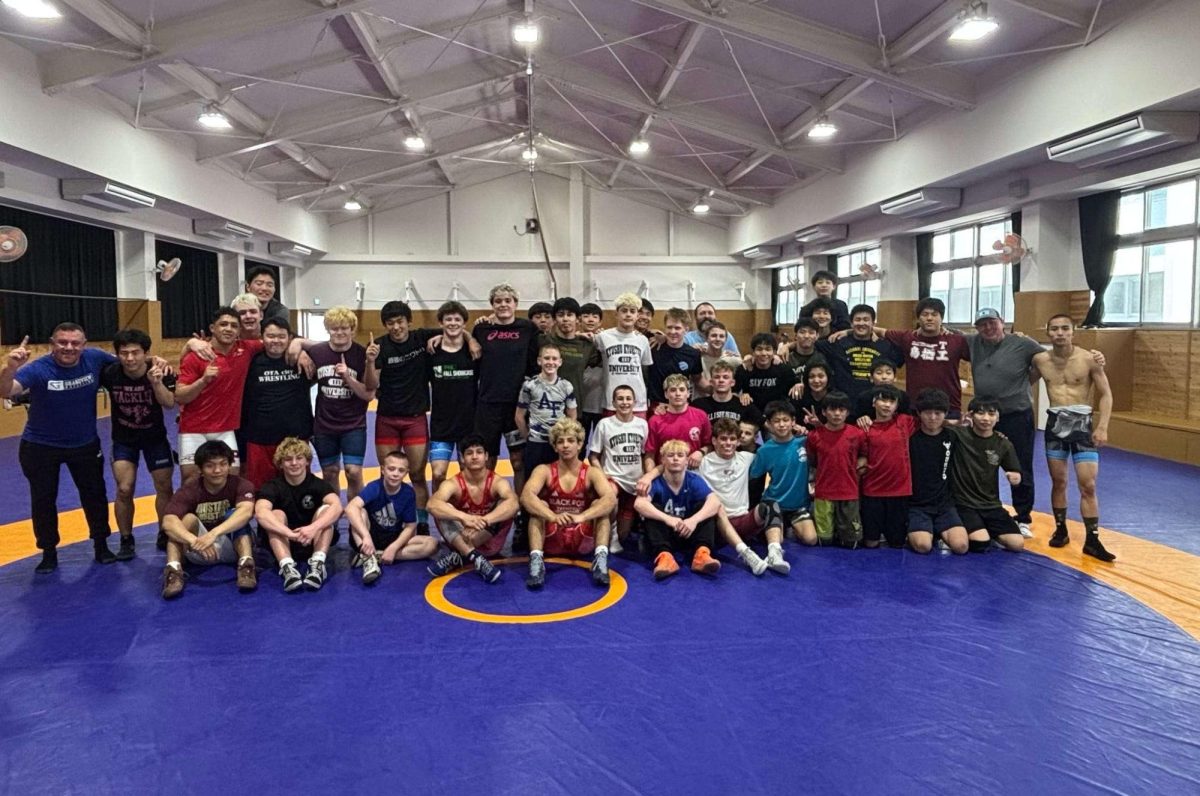
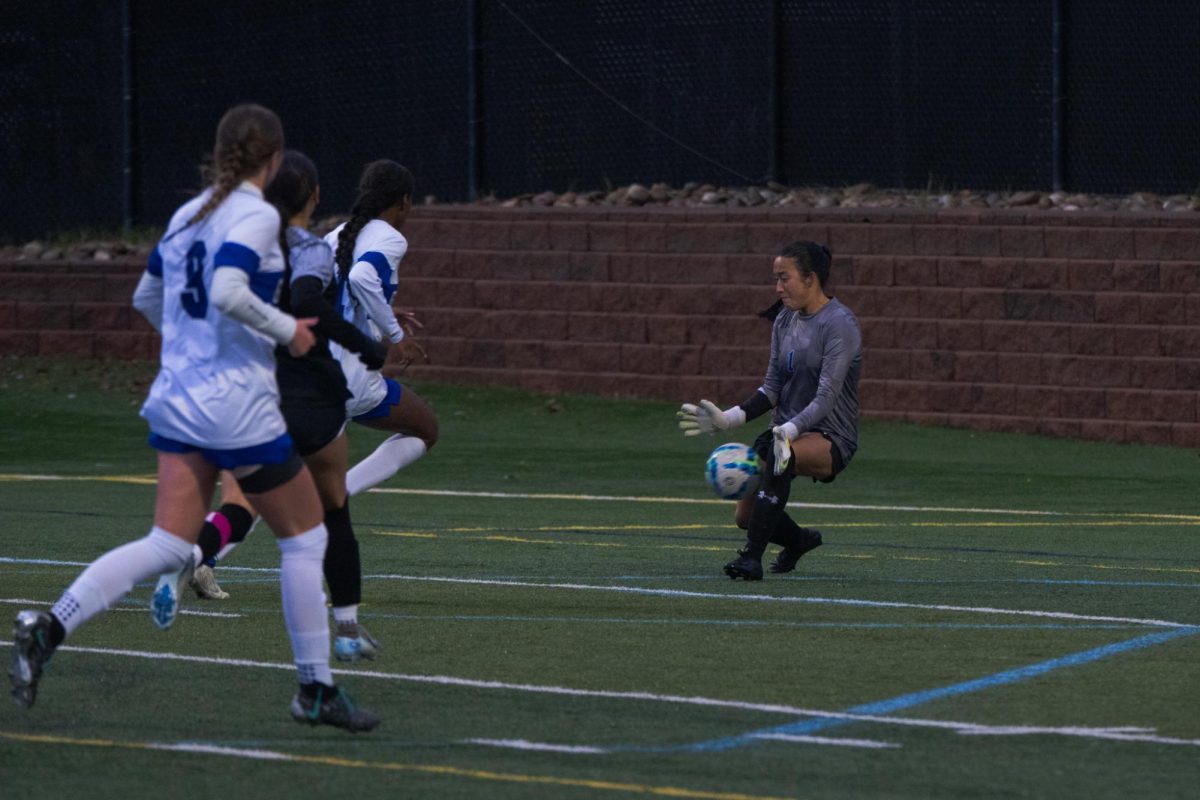
![Baseball Defeats Smoky Hill 11-3 on Senior Night [PHOTO GALLERY]](https://ghschronicle.com/wp-content/uploads/2025/05/Chau_BSB_Smoky-Hill-022-1200x800.jpg)



![Spring State Award Assembly 4/30 [PHOTO GALLERY]](https://ghschronicle.com/wp-content/uploads/2025/05/Spring-Assembly-4-30-25-213-1200x800.jpg)

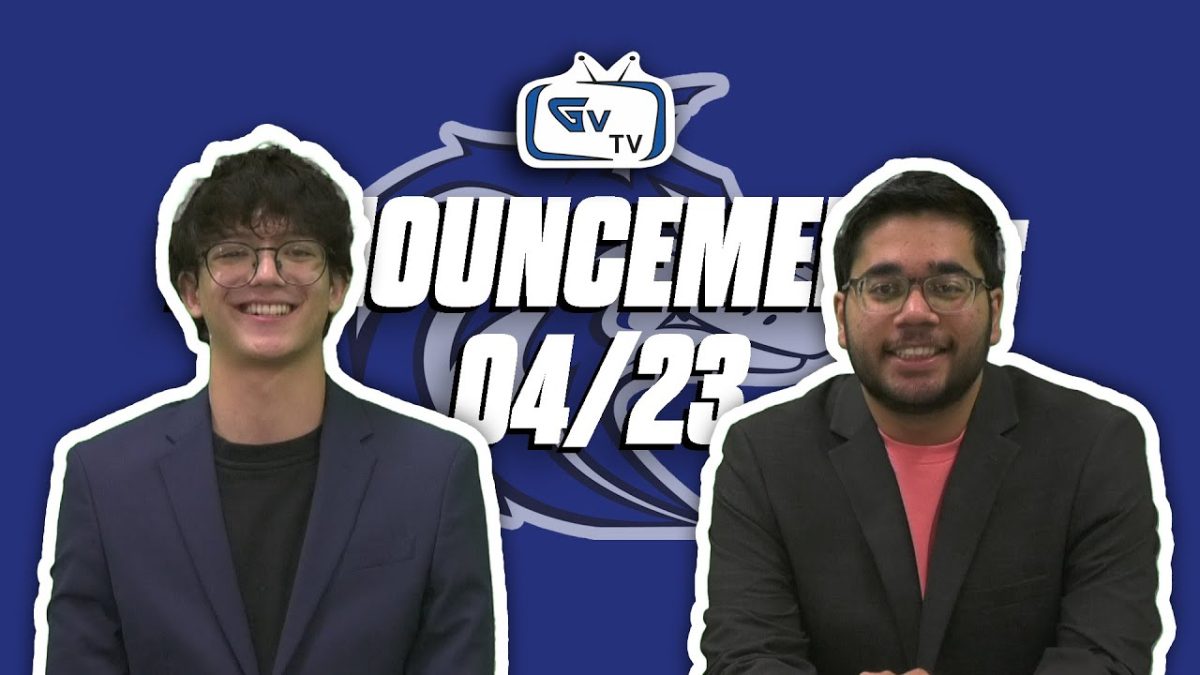

Lain Iwakura • Apr 18, 2018 at 9:07 am
To be honest I think the issue with literary analysis and other argumentative essay-style stuff assigned for school isn’t that it can’t be made into something with artistic merit or be an enjoyable process to create, but rather that no one actually bothers to teach it in a way that encourages getting to enjoy critical thinking. The thing with the way school makes writing is that the subject mater isn’t interesting to the students because they don’t always care about the book they are reading, and they haven’t been trained to care about art period on a thematic level. Personally, I write literary analysis for fun all the time, and what convinced me to get into it was seeing a bunch of analysis of things that I liked and then realizing that there was a lot more depth to things that I cared about then I originally realized, letting me experience them from a new perspective from that point forward. For instance, the first time that I watched Death Note, I considered to to be entertaining on an emotional level, but never understood anything about it’s commentary on the inherently self-destructive nature of humanity. However, once I started watching narrated YouTube video essays about it [see: Justice Doesn’t Exist in Death Note, and Power and Dominance in Death Note, for instance], I was able to rewatch the show and enjoy it even more the second time through because I could appreciate it on that level, and the only reason I was able to be willing to sit through those videos talking about the themes of the show in the first place is because I already cared about the show. I think if school taught kids to analyze things they already cared about, they would be much more willing to think about what school tells them to read.
And from there, that newfound interest in literary analysis can evolve into artistic expression by way of evolving past the perceived limitations of the medium. My personal favorite example of this is a series of what initially seem to be average, run-of-the-mill reviews of My Little Pony: Friendship is Magic episodes called The Horseshoe Saga. However, which, as it goes along, slowly starts becoming of a chronicle of the narrator’s decent into madness as a result of forcing himself to make videos for an audience he hates on top of also being an interesting series of analyses of the show itself, before culminating in Horseshoe Finale, which is probably both my favorite movie and second favorite piece of art ever created. If students were taught that analysis can be more than just explaining the blatantly obvious themes of “racism is bad in To Kill a Mockingbird” or whatever, they would be a lot more into writing essays.
None of this is to begrudge Meraki for being a more traditional platform for artistic expression, obviously, I just think that the fact that this article paints it as an escape from boring writing is reflective of a fundamental issue with how writing is taught in school in general.